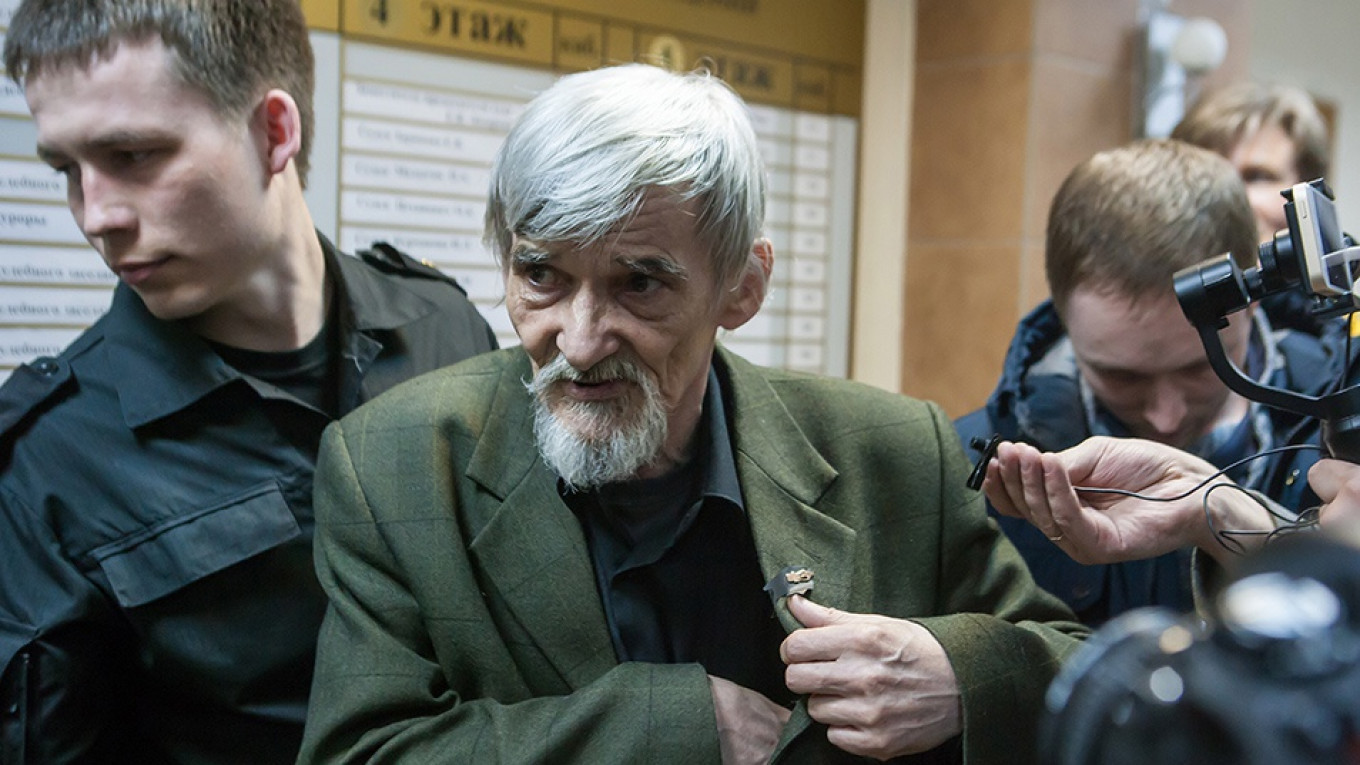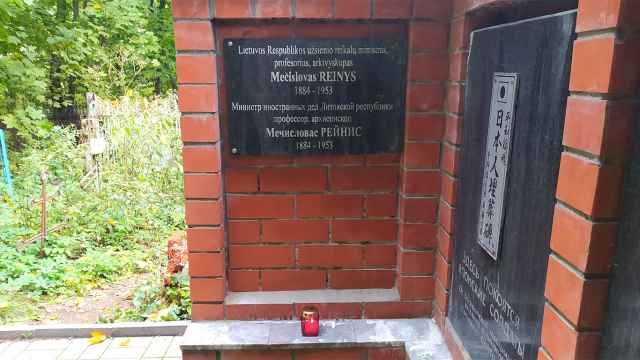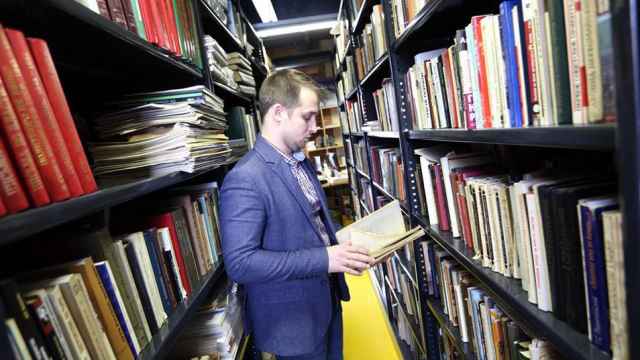A St. Petersburg court has upheld prominent Gulag historian Yury Dmitriyev’s 13-year prison sentence Tuesday in a child sexual abuse case that activists and other prominent figures call politically motivated.
Dmitriyev, 65, was due to be released in November 2020 after serving 3.5 years on charges of sexually abusing his adopted daughter, but a court in northwestern Russia added 10 years to his sentence in September. Supporters and human rights groups have accused the authorities of fabricating the case against him in retaliation for his work in exposing Stalin-era executions.
St. Petersburg’s cassation court said in a statement that it ruled to dismiss Dmitriyev’s appeal of both of his convictions that were issued in July and September 2020.
Dmitriyev’s lawyer Viktor Anufriyev vowed to appeal the ruling further up the Russian judiciary system.
“We must look for positives: First, we passed this authority. Second, next is the Russian Supreme Court’s judicial board for criminal cases,” Anufriyev told the MBKh Media news website.
Dmitriyev, who spent decades exhuming mass graves of people killed under Stalin during the 1937-1938 repressions known as the Great Terror, heads the Memorial human rights group's branch in the northwestern Russian republic of Karelia.
Dmitriyev was first arrested in late 2016 on child porn charges and spent more than a year in pre-trial detention before being released after calls from prominent figures for him to be freed.
He was acquitted of those charges in April 2018, but was detained and charged with sexual assault later that year after a higher court overturned the not-guilty verdict in a stunning turnaround.
A Message from The Moscow Times:
Dear readers,
We are facing unprecedented challenges. Russia's Prosecutor General's Office has designated The Moscow Times as an "undesirable" organization, criminalizing our work and putting our staff at risk of prosecution. This follows our earlier unjust labeling as a "foreign agent."
These actions are direct attempts to silence independent journalism in Russia. The authorities claim our work "discredits the decisions of the Russian leadership." We see things differently: we strive to provide accurate, unbiased reporting on Russia.
We, the journalists of The Moscow Times, refuse to be silenced. But to continue our work, we need your help.
Your support, no matter how small, makes a world of difference. If you can, please support us monthly starting from just $2. It's quick to set up, and every contribution makes a significant impact.
By supporting The Moscow Times, you're defending open, independent journalism in the face of repression. Thank you for standing with us.
Remind me later.






